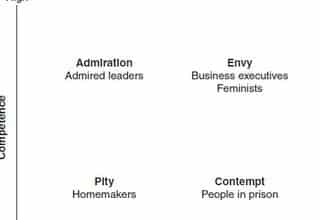I have the tremendous opportunity to spend much of my time with high performing teams. On occasion, a member of one of these self-motivated, highly capable groups will ask, “Why do we even need a leader? We know what to do and none of us need a babysitter staring over our shoulder.”
In my earlier years, this question flustered me. After all, if you employ driven, experienced people who possess the knowledge, skills, and abilities to do their job, isn’t a manager superfluous? Not according to a study of National Football League coaches.
Research from the Strategic Management Journal analyzed NFL head coaches to answer the question: “Are managers a source of competitive advantage?” Such data as team performance (winning percentage each season), ability (prior coaching record), and quality (number of MVP, Pro Bowl, and all-conference players) were analyzed to gain objective measurements of success over a twenty year period.
The research found that great managers create value and organizational performance through their ability to organize and leverage the resources at their disposal. The findings were especially indicative for coaches who work with less-than-stellar teams—the worse the team, the more important the coach.
The successful coaches utilize their resources more effectively. By accurately evaluating all of their players’ strengths and weaknesses, coaches can reallocate players to positions and plays that best match players’ skills. The coach’s and team’s success is thus not dependent simply on the individual skills of each player, but on the coach’s ability to 1) build a roster of players with particular skill sets (attract top talent), 2) optimize players’ abilities and interests (develop skills, motivate, engage), and 3) deploy them in ways that maximize their contributions both on and off the field (team build, strategize).
Besides the live television coverage and stadium of onlookers, your responsibilities as a leader are not much different from those of a NFL coach. You are both responsible for personnel management and tactical decision making. To utilize the lessons of your NFL cohorts:
- Conduct careful analyses of each individual’s skills and abilities, including technical and interpersonal skills, aptitude to learn, and decision making abilities.
- Leverage their strengths and help them develop weaknesses.
- Use the company mission and vision to improve on-field performance, help the team drive in the same direction, create interdepartmental initiatives, and focus their efforts.
Want to take your team to the Super Bowl? Recognize your value as a leader. You may have a team of Pro Bowlers, but they will not get there without your coaching and leadership. Don’t end your season prematurely; start your preseason today so you’re ready for game day.








